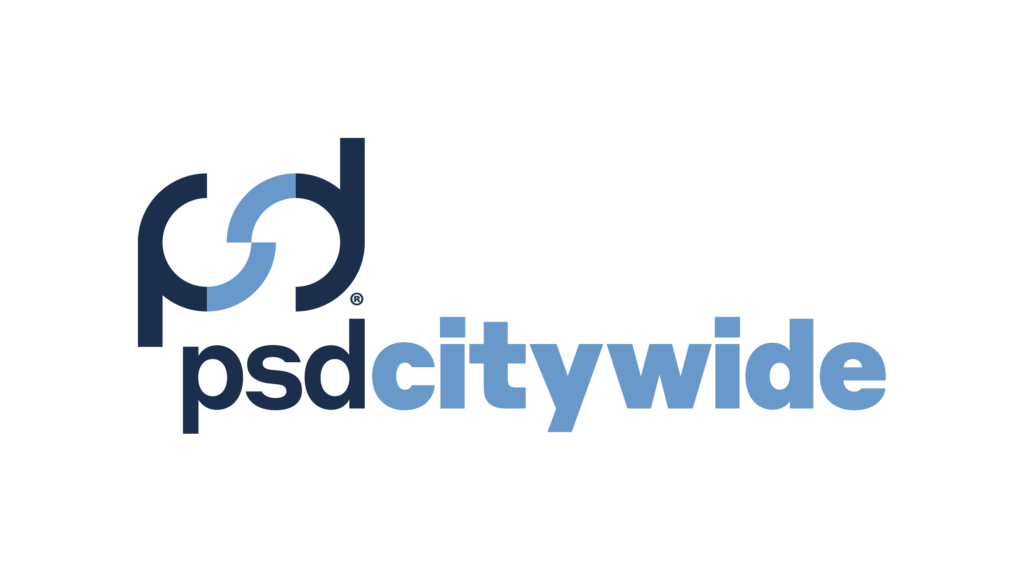Managing a city is a complex and demanding role, one that requires more than just sound policy and innovative ideas. At its core, successful municipal leadership depends on building a high-performing team.
The true strength of an organization lies in effective team collaboration. When departments work together, they can share important information and align their efforts, leading to more efficient problem-solving and improved service delivery for the entire community.
Common Challenges to Municipal Team Performance
While the goal of a high-performing municipal team is clear, several common challenges can slow progress and create operational inefficiencies. Identifying these issues is the first step toward building a more unified and productive organization:
- Silos and Disconnected Data: A common challenge in large organizations, departmental silos happen when teams operate independently with little to no communication. As a result, departments often see only their piece of the puzzle, leading to duplicated work or conflicting goals. For example, a public works team might be unaware of a new development project being reviewed by the planning department, leading to last-minute coordination issues and delays.
- Reliance on Manual, Paper-Based Processes: Many local governments still rely on outdated, manual workflows, like paper-based work orders and permits. These processes are not only time-consuming and prone to errors, but they also create a heavy administrative burden that makes it nearly impossible to track progress or share information in real time.
- Lack of Aligned Priorities: Without a unified platform for communication and a shared source of truth for data, municipal teams can struggle to align their priorities with the community’s broader strategic goals.This can result in resources being used ineffectively as departments focus on their own tasks instead of contributing to a shared, strategic outcome.
Municipal Digital Transformation: Implementing Collaborative Solutions
To overcome these challenges, City Managers must adopt modern, technology-driven solutions that are purpose-built to break down barriers and facilitate collaboration. These solutions should:
- Establish a Unified Platform for Data Sharing: A single, cloud-based platform for managing key data (such as assets, permits, and work orders) is a game-changer. It eliminates the need for manual data entry and ensures that all departments are accessing the same, up-to-date information. This transparency creates a culture of trust and shared understanding.
- Automate and Streamline Workflows: By automating routine tasks like routing a work order or notifying staff of an inspection, local governments can dramatically reduce administrative work. This not only frees up staff to focus on more valuable tasks, but also makes sure the process is efficient every time.
- Provide Real-Time, Actionable Insights: Modern municipal software should include powerful reporting tools that offer a real-time view of operations. Leaders can monitor key performance indicators (KPIs), track resource usage, and identify potential challenges before they become bigger problems. This data-driven approach empowers leaders to make proactive, informed decisions that improve service delivery.
Building Trust in Your Team
Beyond policies and technology, the most important element for a high-performing municipal team is trust. As experienced city managers know, trust isn’t just a “nice-to-have”; it’s the foundation that determines whether your team succeeds or just gets by. In fact, research shows that high-trust environments lead to less stress, higher energy, and significantly more productivity.
In local government, trust is a lifeline. Public institutions rely on citizen trust, and this begins with the trust within your own team. Without it, even the best strategies can falter.
Building trust requires intentional effort and can be achieved through:
- Open and Consistent Communication: Break down departmental silos by establishing regular meetings and shared working policies. Using plain language instead of jargon makes communication clearer and more approachable.
- Create Psychological Safety: Leaders should model vulnerability and encourage a culture where team members feel safe to speak up, share ideas, and address issues directly without fear of judgment.
- Proactive Conflict Resolution: Address workplace gossip head-on and encourage direct communication to resolve issues. Team-building activities that promote collaboration can also help.
- Recognize Contributions: Acknowledge both small and large accomplishments. Celebrating progress reminds teams of their impact and boosts morale, especially during challenging projects.
- Facilitate Meaningful Connections: Taking the time to understand individual team members strengthens professional relationships. When staff feel respected and seen, it directly impacts their job satisfaction and commitment.
Leading organizations like ICMA also emphasize this human-first approach, arguing that effective teams thrive on trust and culture, not just inflexible procedures.
By focusing on these core principles, you can build a team that is not only productive but also resilient, able to navigate challenges and deliver exceptional public service.
Real Results from Real Communities
The benefits of these integrated solutions are not just hypothetical. Innovative communities are already seeing measurable improvements in efficiency and collaboration:
Meadow Lake, Saskatchewan
The City of Meadow Lake, a growing community in Saskatchewan, modernized its public works team by implementing Citywide Maintenance, a computerized maintenance management system (CMMS). This municipal digital transformation significantly improved the team’s efficiency and organization. As a result, the department became much more organized, streamlining service requests into work orders. The team’s quick adoption of the tool was clear, as they issued 882 work orders in 2018, a significant increase from 193 in 2017.
Stratford, Ontario
The City of Stratford modernized its operations by replacing an outdated, paper-based permitting system with Citywide Permitting. This new ePermitting solution created a digital hub for applications, which significantly improved the team’s internal efficiency. The transition streamlined the application and review process for staff, and the shift to a mobile application for inspections is estimated to have saved the team 50% of staff time.
Key Takeaways for City Managers: Steps to Build a More Productive Team
- Lead Digital Change: The first step is to recognize that technology is not a cost, but a long-term investment in efficiency and collaboration. Lead the way in adopting integrated, cloud-based platforms.
- Create a Collaborative Team Culture: Technology is only part of the solution. Encourage cross-departmental communication and create opportunities for teams to work on shared projects. Celebrate collaborative successes.
- Invest in Training and Change Management: Ensure staff are fully trained and comfortable with new systems. Proactively address concerns and communicate the long-term benefits of the transition.
- Embrace Data-Driven Decisions: Use the real-time insights provided by integrated systems to continuously monitor performance, identify areas for improvement, and improve workflows.
By embracing these lessons, city managers can move beyond simple problem-solving and begin to build high-performing municipal teams—teams that are empowered, productive, and ready to meet the complex challenges of modern public service.
The investment in your team today is the foundation for a more resilient, effective, and community-focused government for years to come.
Partnering with PSD Citywide
Successfully implementing a digital solution requires a trusted partner. PSD Citywide offers a single, integrated platform designed for local governments, connecting departments from asset management to permitting. Our team of municipal experts provides ongoing support, ensuring a smooth transition and long-term success. Book a demo today!



